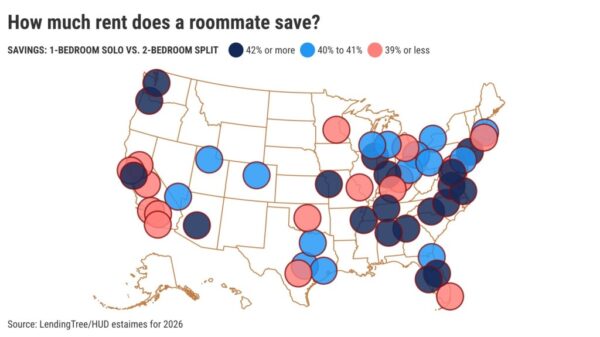Florida’s government has issued a directive requiring the city of Delray Beach to remove its rainbow crosswalks by September 3, 2023. This move follows an aggressive stance against diversity policies by the state administration, led by Governor Ron DeSantis. Failure to comply will result in the state overseeing the removal and billing Delray Beach for the costs.
Steven C. Braun, the southeast Florida district secretary of the Florida Department of Transportation, warned that any further non-compliance could lead to the withholding of state funds. This ultimatum has ignited a contentious debate within the Delray Beach community, where emotions ran high during an August 19 city commission meeting. Local officials expressed their desire to challenge the state’s decision through an administrative hearing, although many appeared apprehensive about the potential outcome.
The situation has drawn parallels to historical acts of resistance, such as the Boston Tea Party. Delray Beach’s struggle over the rainbow crosswalks symbolizes a larger battle for local governance and autonomy. As Delray Commissioner Rob Long stated during an August 12 meeting, “The state should not dictate every detail of our local governance, especially when it comes to the character and values of our own community.”
Many commissioners expressed concern about the financial repercussions of defiance, revealing a potential conflict between moral principles and economic pressures. The notion of “selling out” loomed large as they weighed the costs of compliance against the values they represent. The ongoing political climate has seen increasing authoritarian tendencies, raising fears about the implications of acquiescing to state demands.
Opponents of the state’s directive argue that such actions undermine local authority and community identity. The forced removal of rainbow crosswalks is viewed not only as an attack on LGBTQ rights but also as a broader infringement on the autonomy of local governments to express their values. Critics point out that this top-down control contradicts the principles of individualism and freedom that many conservatives claim to champion.
The implications extend beyond local governance; they touch on broader societal issues. The potential for future demands from state authorities, such as altering educational curriculums or revising historical narratives, raises alarm bells. Ron DeSantis has previously made controversial comments regarding history education, suggesting that slavery had positive outcomes. This has led to fears that local leaders may feel pressured to conform to state-sanctioned narratives, further eroding the integrity of educational institutions.
Author and historian Timothy Snyder has written extensively on the dangers of anticipatory obedience to authoritarianism, emphasizing the need for communities to resist coercive demands. In his book, “On Tyranny: Twenty Lessons from the Twentieth Century,” he warns against complying with oppressive requests before they are fully imposed. His advice resonates strongly in Delray Beach’s current predicament.
Delray Beach now finds itself at a critical juncture. The city must decide whether to stand firm in its values or capitulate to state pressure. The outcome of this confrontation could significantly influence the future of local governance across Florida and potentially beyond. As community members rally around this issue, the message is clear: the fight is about more than just rainbow crosswalks; it is about the essence of democracy and the rights of local communities to define their own identity.
The commissioners have a moral duty to resist any attempts at coercion. If they choose to stand strong against the demands from Tallahassee, they could inspire other communities facing similar challenges. The situation underscores the importance of civic engagement and the need for leaders to prioritize the values and voices of their constituents over the pressures of state authority. The coming days will be crucial as Delray Beach navigates this complex landscape of governance, identity, and the preservation of local autonomy.








































































